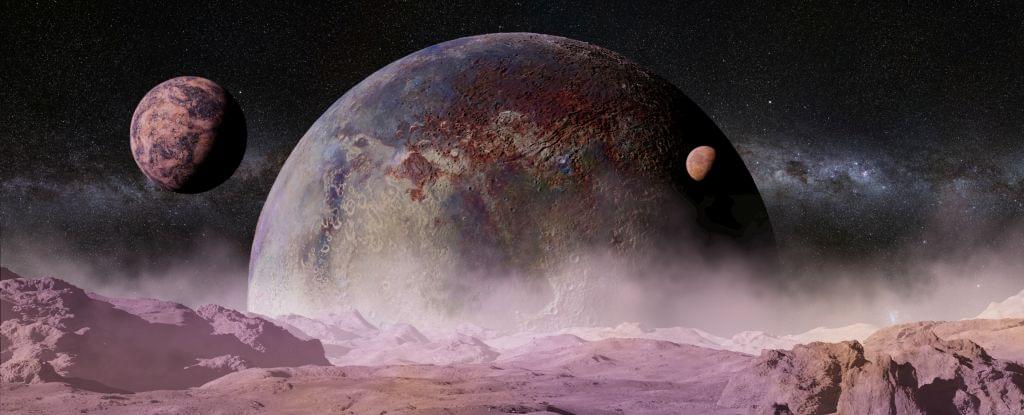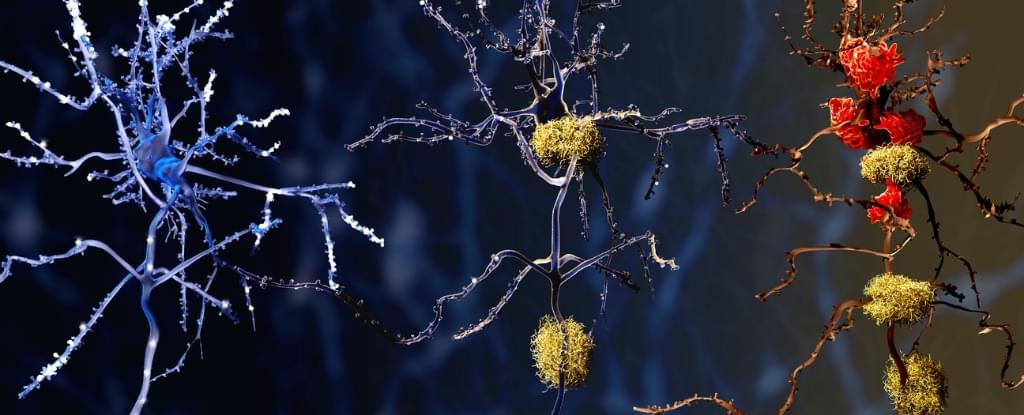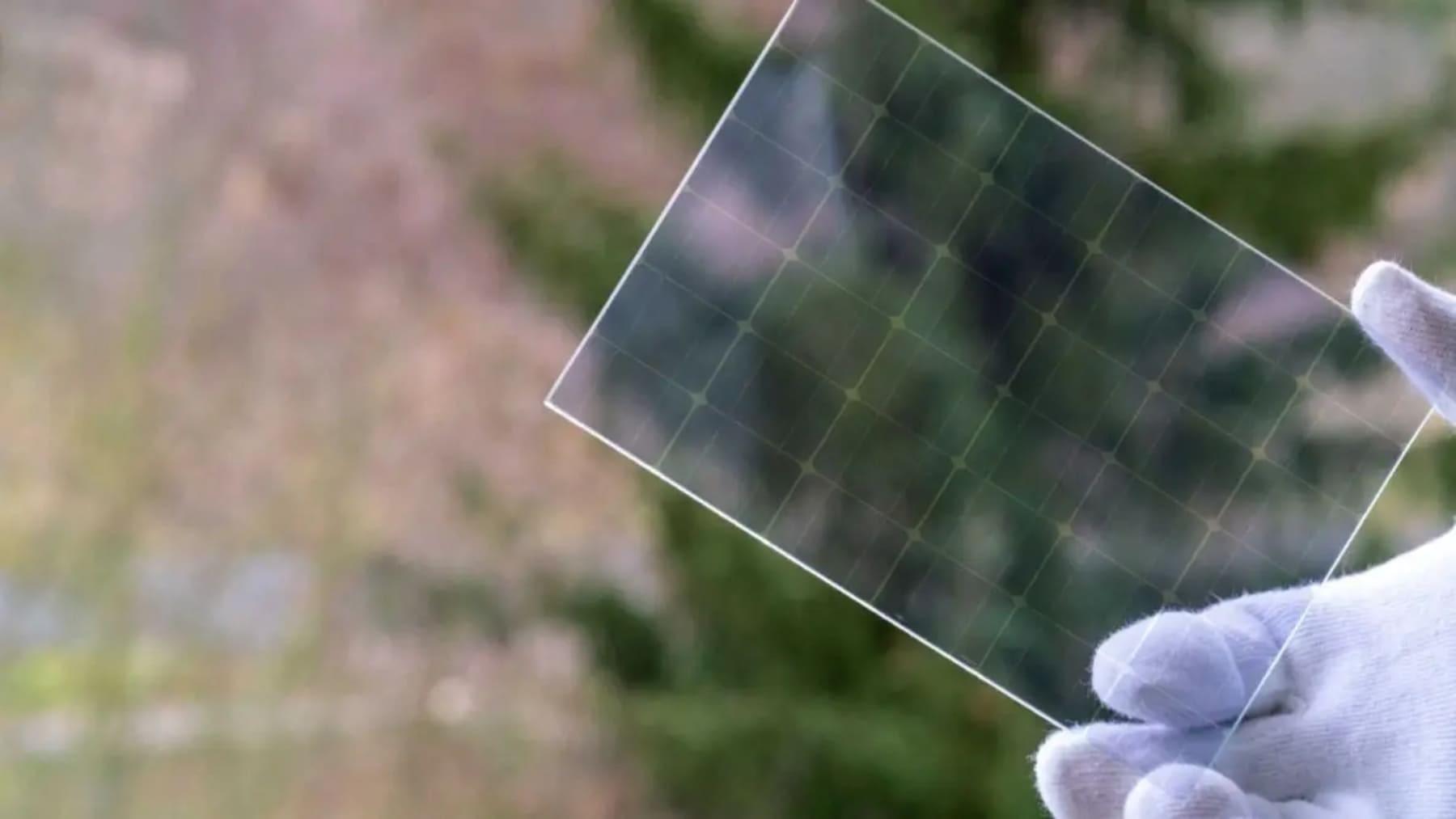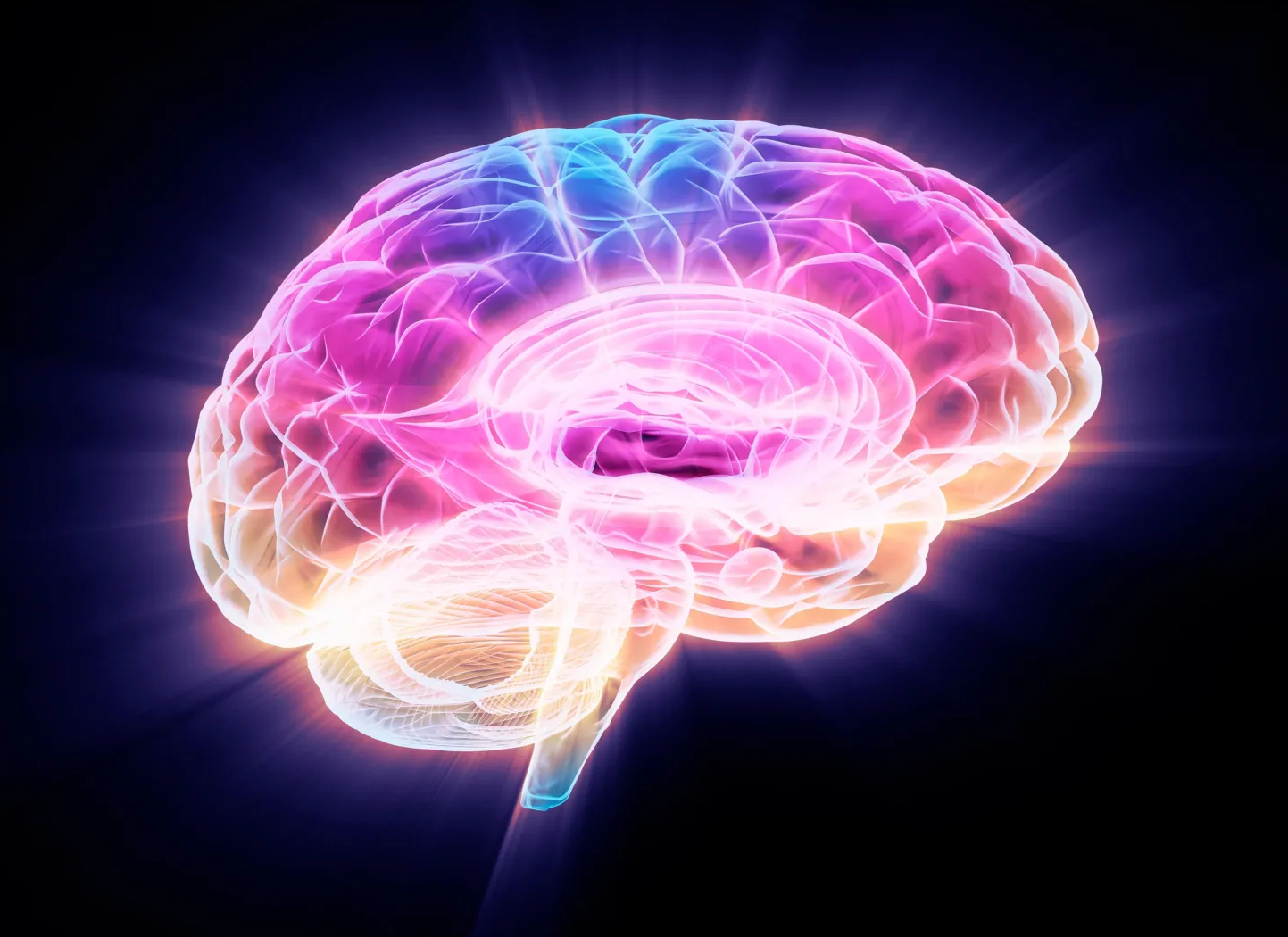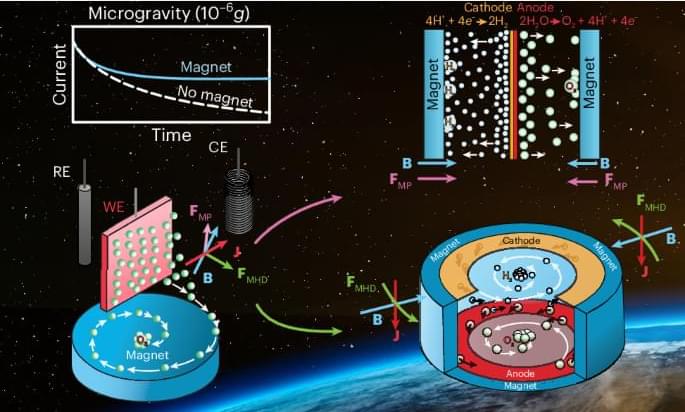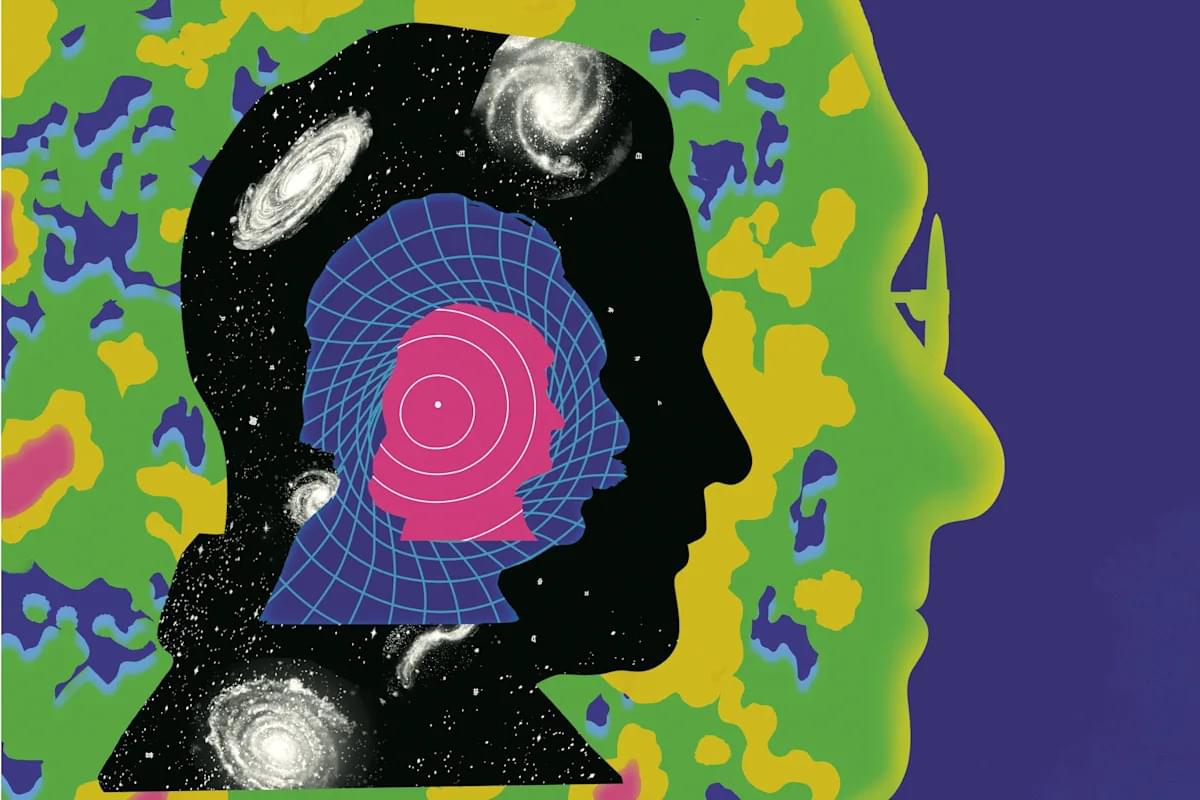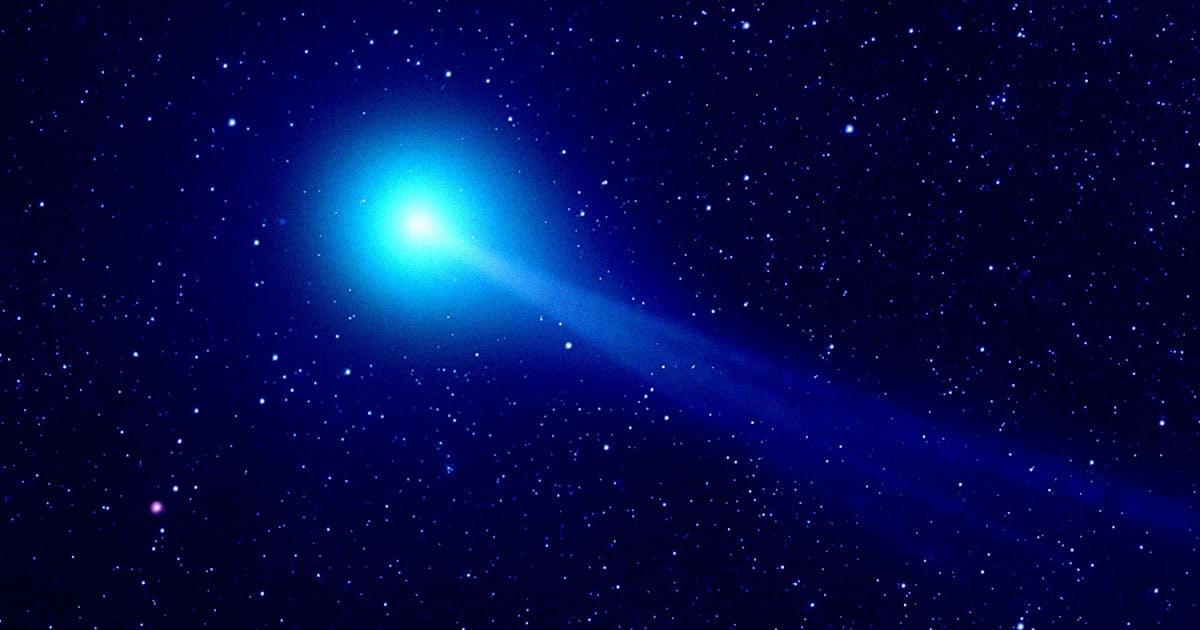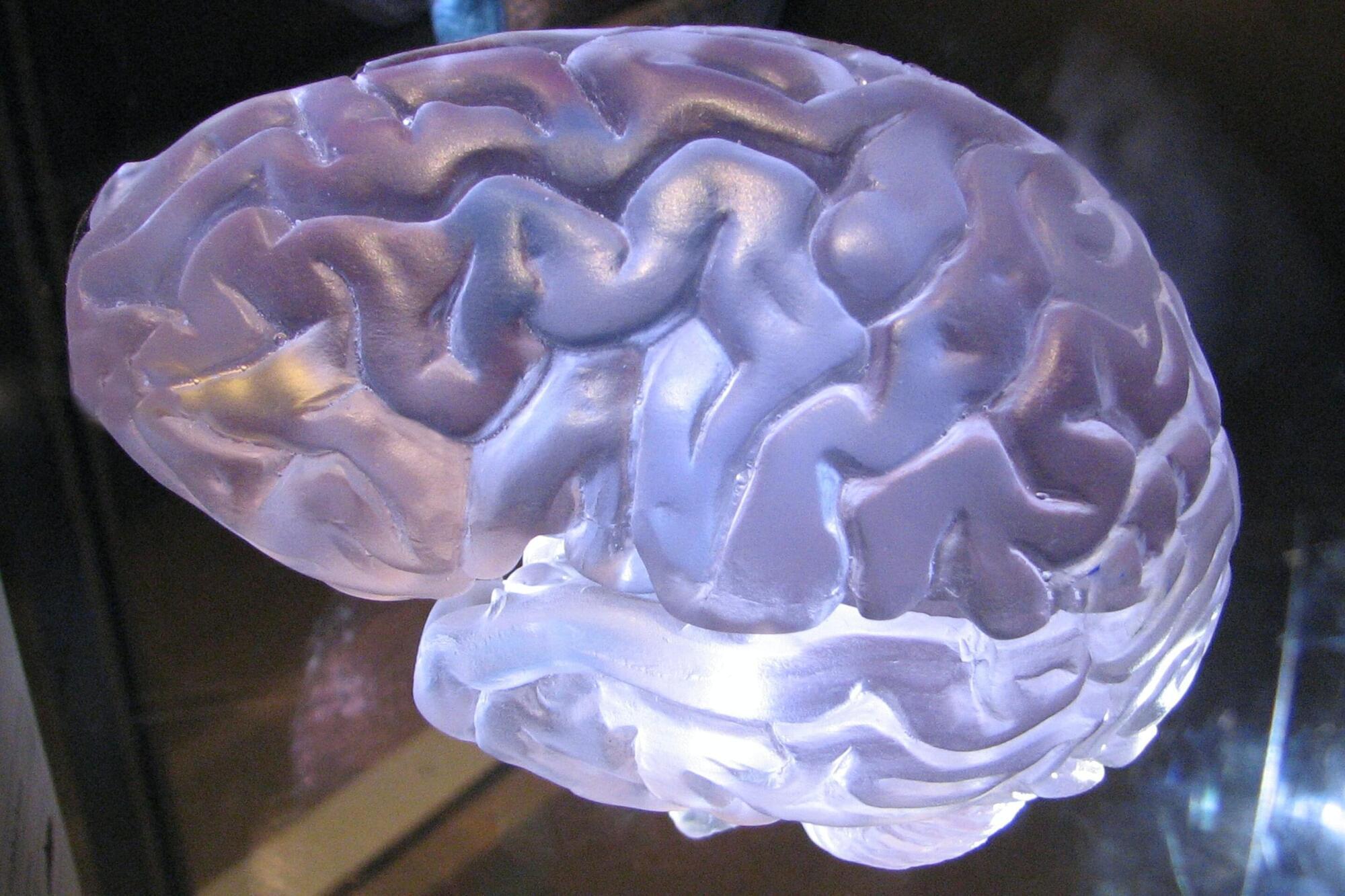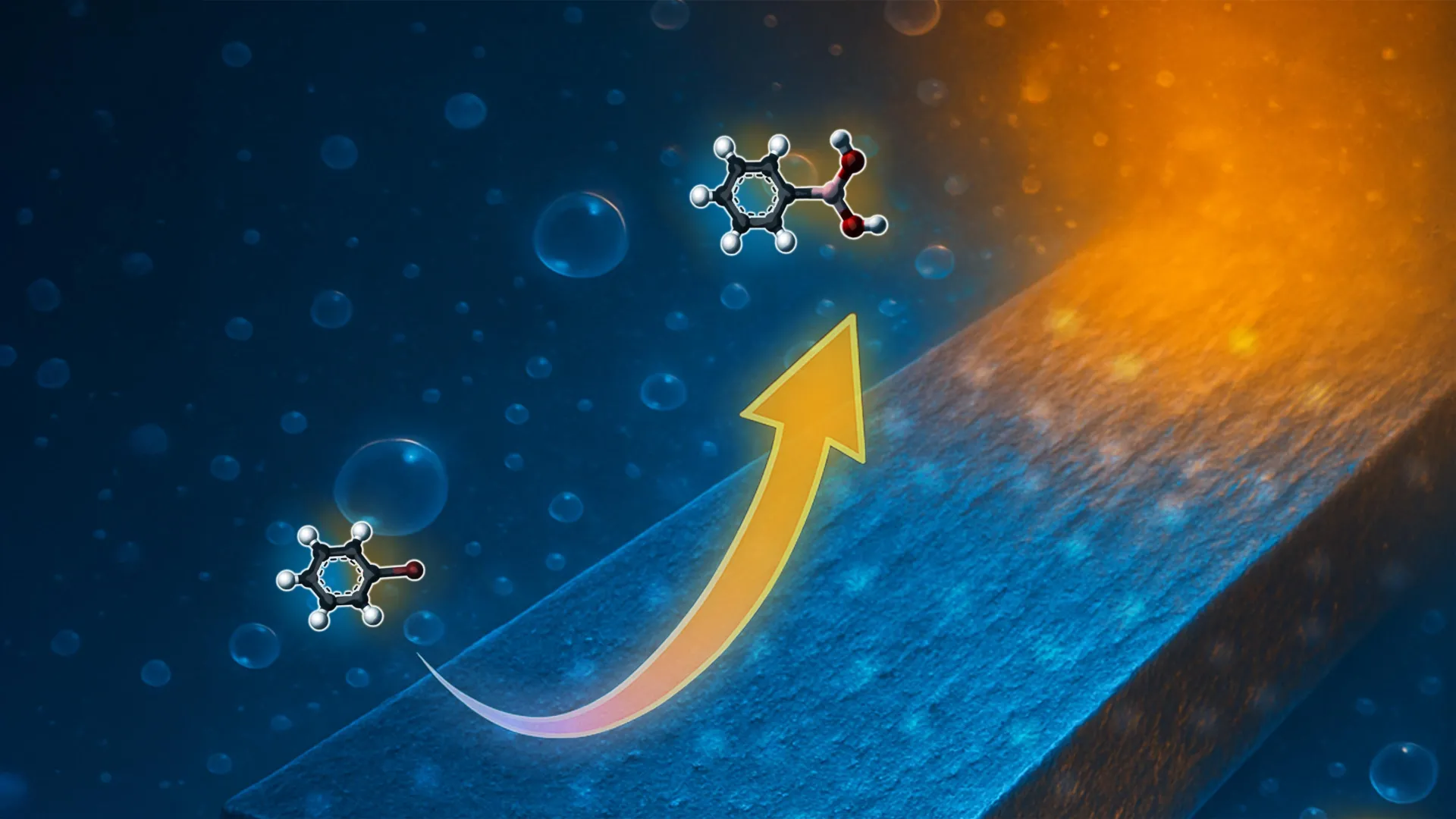Free-floating, planetary-mass objects that are just drifting carefree through the galaxy, untethered and starless, appear to be able to generate their own systems of moons, like a planetary system on a miniature scale.
An analysis of new JWST observations on a number of rogue planets – each weighing between five and 10 Jupiters – has revealed the presence of disks with a significant proportion of crystalline silicate, just like those surrounding some baby stars right before their planets start to form.
“These studies show that objects with masses comparable to those of giant planets have the potential to form their own miniature planetary systems,” says observational astronomer Aleks Scholz of the University of St Andrews in the UK.
